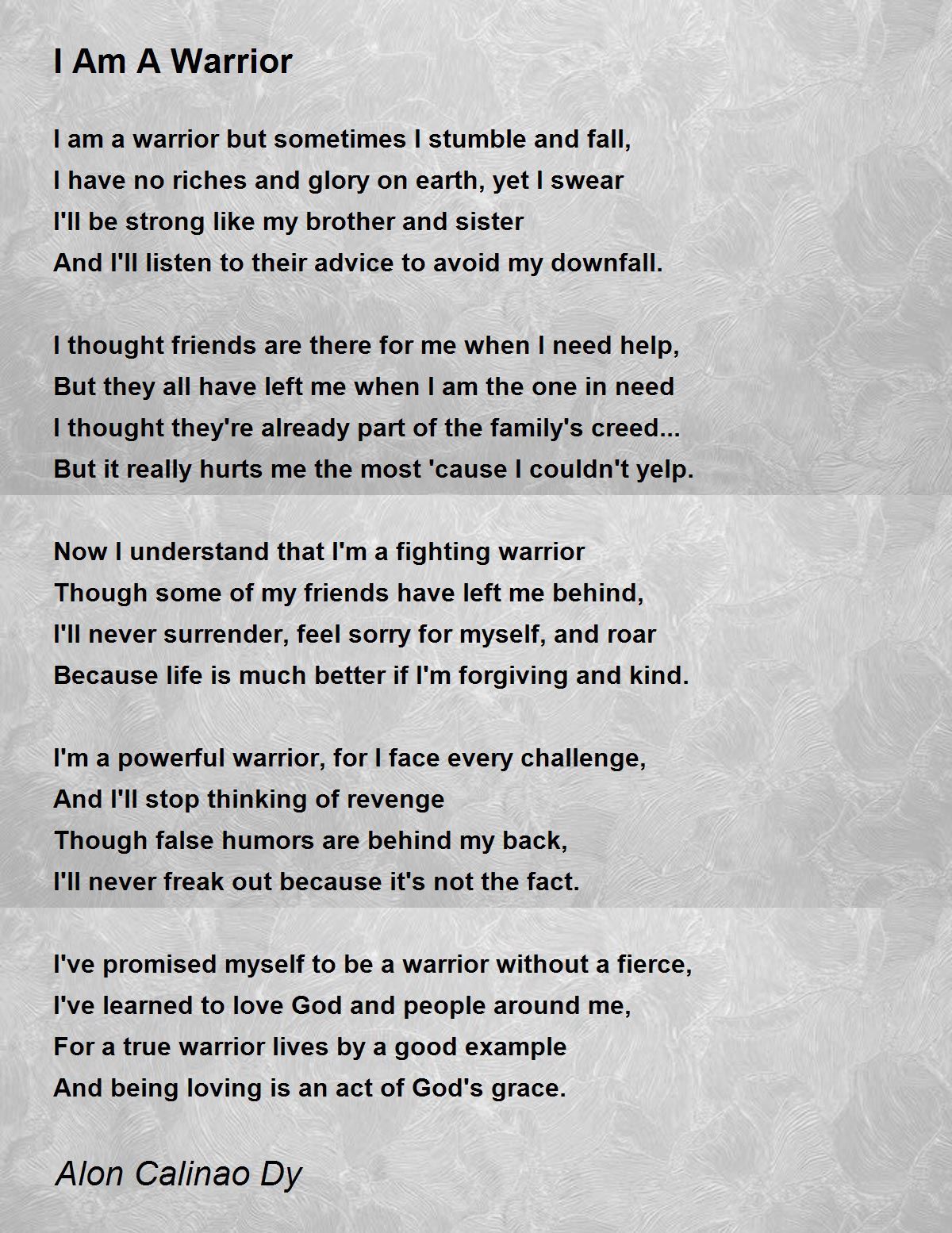
Caring for others can’t mean putting all of your own needs aside. While taking time to get out of our own head while caring for others can be a healthy outlet for the griever (and also because it can give them an opportunity to do what they may do best, being a caregiver) there still has to be an emotional boundary. Or perhaps following the loss of a spouse, the remaining spouse still has young children in the home to take care of. Maybe it’s because one parent dies and the adult child is left to care for the other. Caring for others : again, not necessarily an option for many.And while there can be some comfort in the familiarity (and frankly just a necessity to it as well), a never-ending to-do list doesn’t allow a lot of time for rest or quiet, which is something every griever needs. After all, there’s not a lot of time to think if we’re always working and moving. He’s not alone: a lot of grievers choose to dive into their day-to-day routine as a way of distracting them from their thoughts. He was exhausted, and I mean the kind of exhausted that had him so overtired and strung out that he wasn’t even able to sleep or rest when he was finally home. Because I have also met a son who admitted to working 16 hour days, just to avoid going home after his mother died. It may also be an opportunity to feel productive and capable. If they’re lucky it may be filled with people whom they consider friends. And it’s important to note how many people I speak with who find work to be a wonderful respite at times. Work/Daily Tasks : a lot of us have to work, right? So making work sound like an option won’t sit well with a lot.Somewhere between avoidance and floundering there could be a place that allows a griever to sit with their grief without being totally and completely swept away by it.īut before we get to that, let’s look at some of the ways people may be avoiding grief and why it doesn’t work: Who would welcome some avoidance, or even just a short respite from the grief, if only they knew how. Of course there is the other end of the spectrum – those people who feel a prisoner to the grieving thoughts. So who would want to think about that? With so much lost and so much sadness, isn’t avoiding grief, or at least trying desperately to push down or push away the overwhelming emotions, the only thing that would make sense? Someone who was such a part of our daily life, that when their life ended, our life feels like it ended too.

This was someone who knew us like no one else, and who loved us anyway. This was the one who helped us make decisions, or who supported us no matter what we did. The thing is, it’s not just about losing someone we love.


And suddenly, not only does happiness feel so far out of reach, we may find ourselves actively (if not always consciously) avoiding grief. In fact, we spend a good part of our life in the general pursuit of happiness, doing anything we can to avoid sadness, heartache, discomfort and pain.


 0 kommentar(er)
0 kommentar(er)
